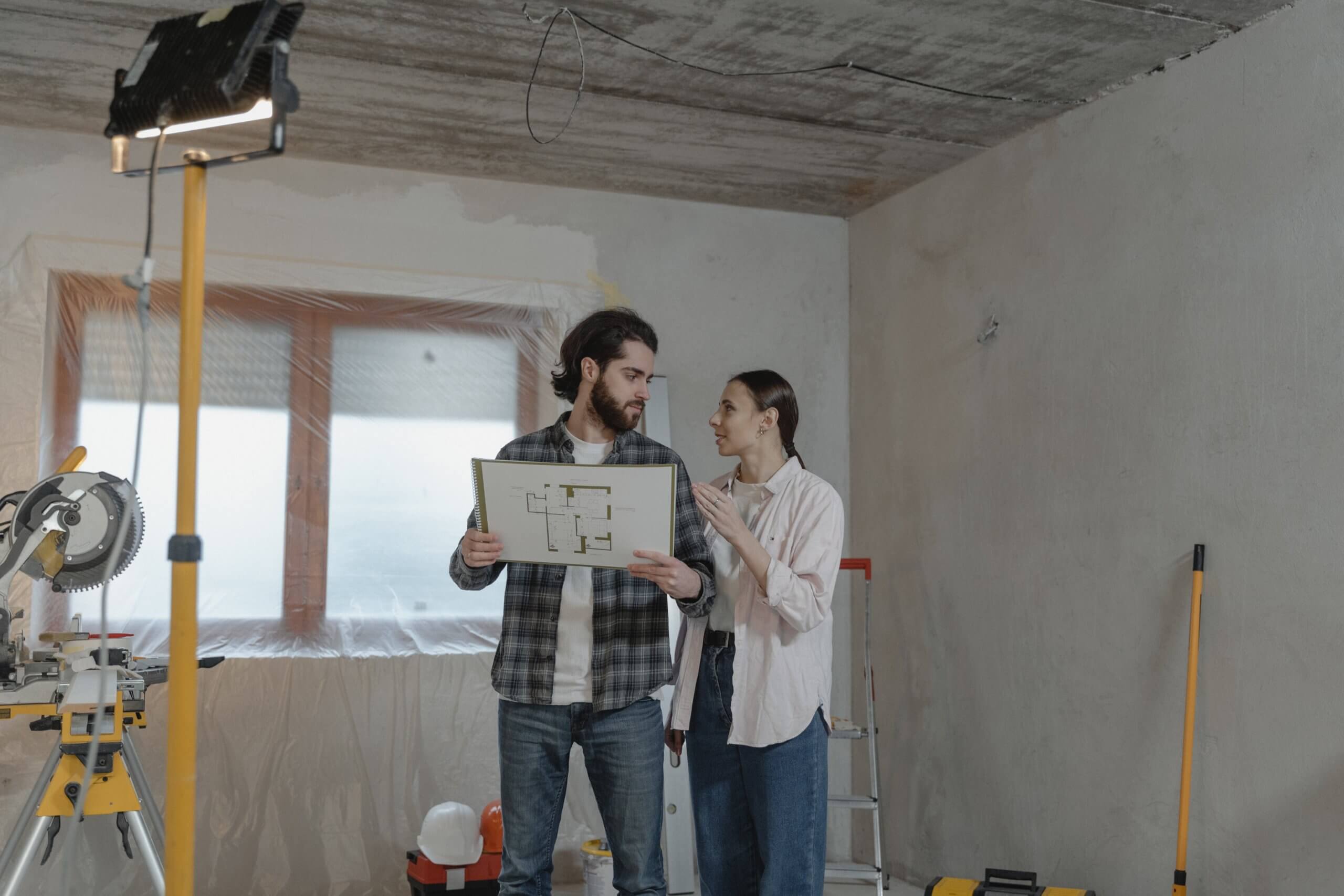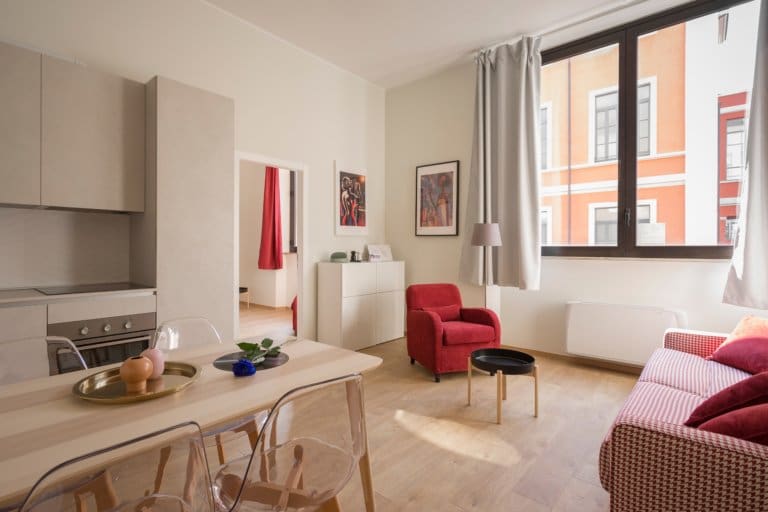Canadians have invested heavily in home renovations since the pandemic began. Some to set up home offices and create more space. And others because they were selling their homes to move to larger properties outside of their cities.
Credit: TimaMiroshnichenko via Pexels
If you’re upgrading your home for a higher resale price or are looking to move, the tips below can help you keep your costs down. You’ll also need convenient and affordable legal services that can save you time and money when buying or selling a home.
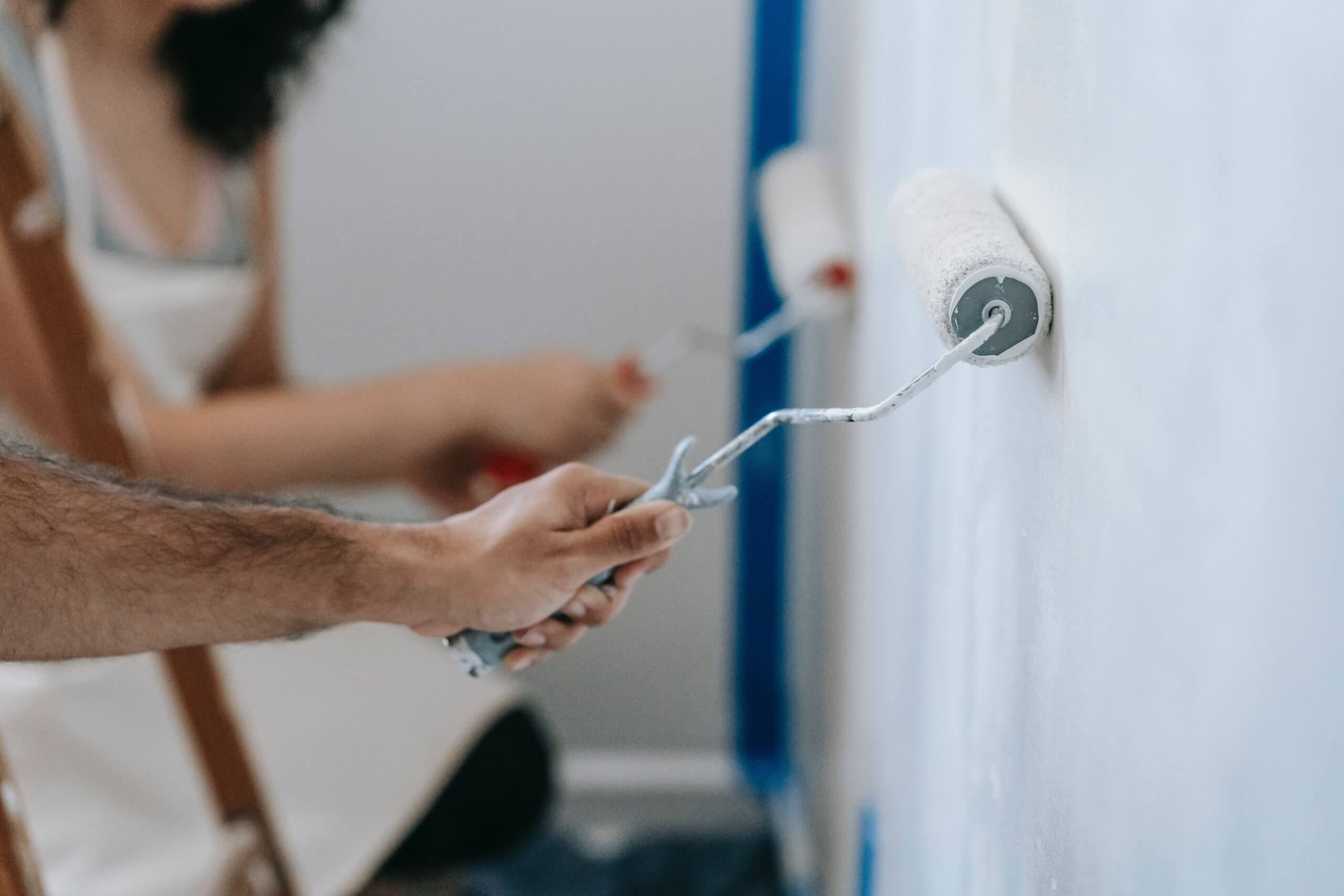
Strategize/Create a Renovation Plan
Saving money on home improvements gets a lot easier when you have all the numbers in front of you and a plan for the optimal renovation schedule. You may decide, as many Canadians did, to take advantage of the extended period of low interest rates and use a loan to fund your renos.
However you pay for your upgrades, you need to know your absolute ceiling (no pun intended) for your budget and not to exceed it. Remember to include an extra 10-15% as part of your budget for emergencies and wasted materials.
Writing out a building schedule can also help you prioritize projects and look for ways to reduce labour costs by combining jobs. For example, if you want to tile your kitchen and a bathroom, you may get a cheaper rate from a flooring contractor by having them do both simultaneously than you would had you done both rooms as separate projects.
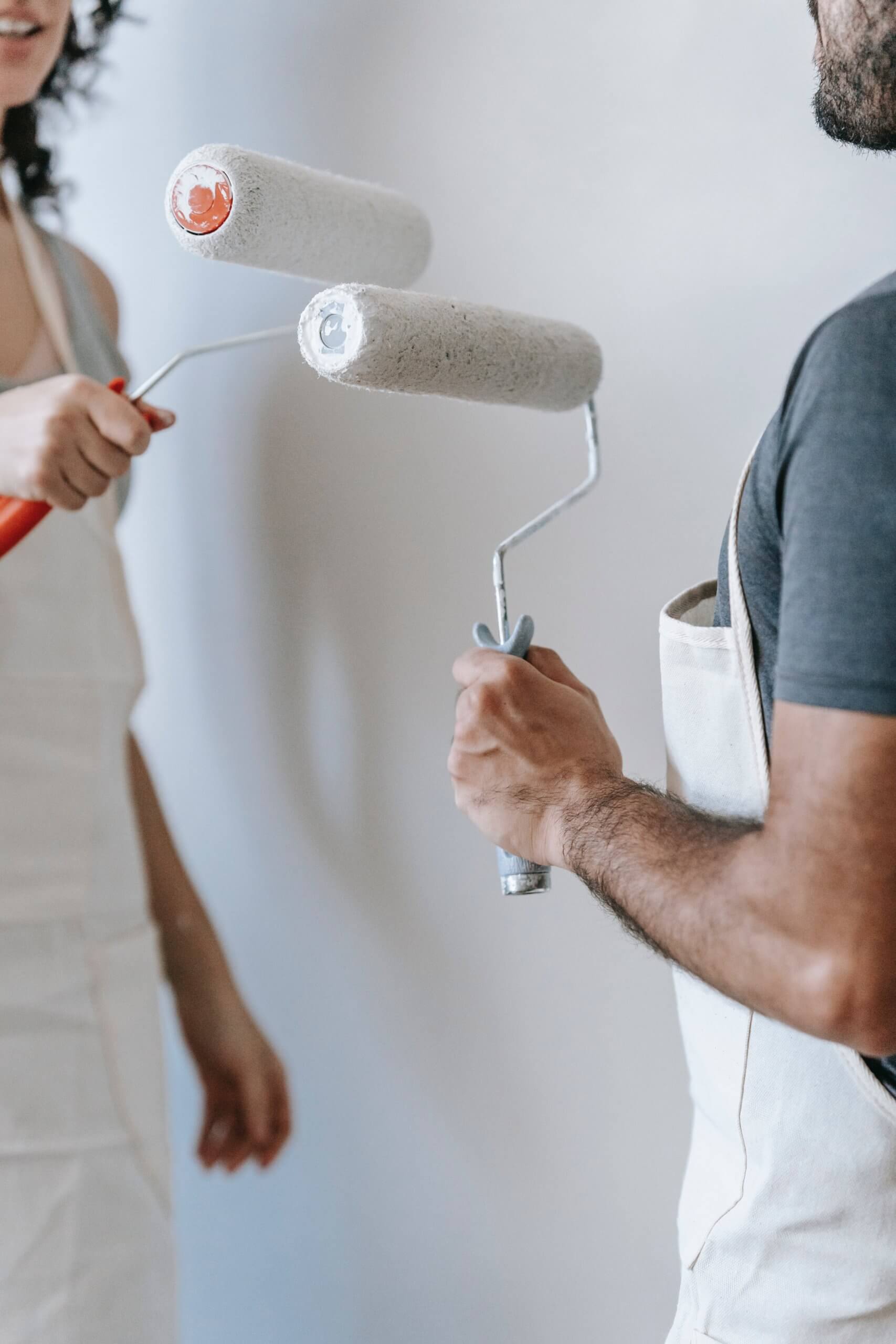
Buy on Sale
As soon as you have your renovation plan, start looking for sales and discounts on all the materials you need, including those for later projects.
If you can wait and window shop until prices for building materials come down after they surged due to the pandemic, you can save more money and have a better idea of when you are getting a good price. And don’t forget to check out used building supply stores and online auctions regularly.
You can wait until labour goes on “sale” as well. If it’s not too inconvenient, completing your reno in the winter may get you a better rate from contractors during their ‘off-season.’
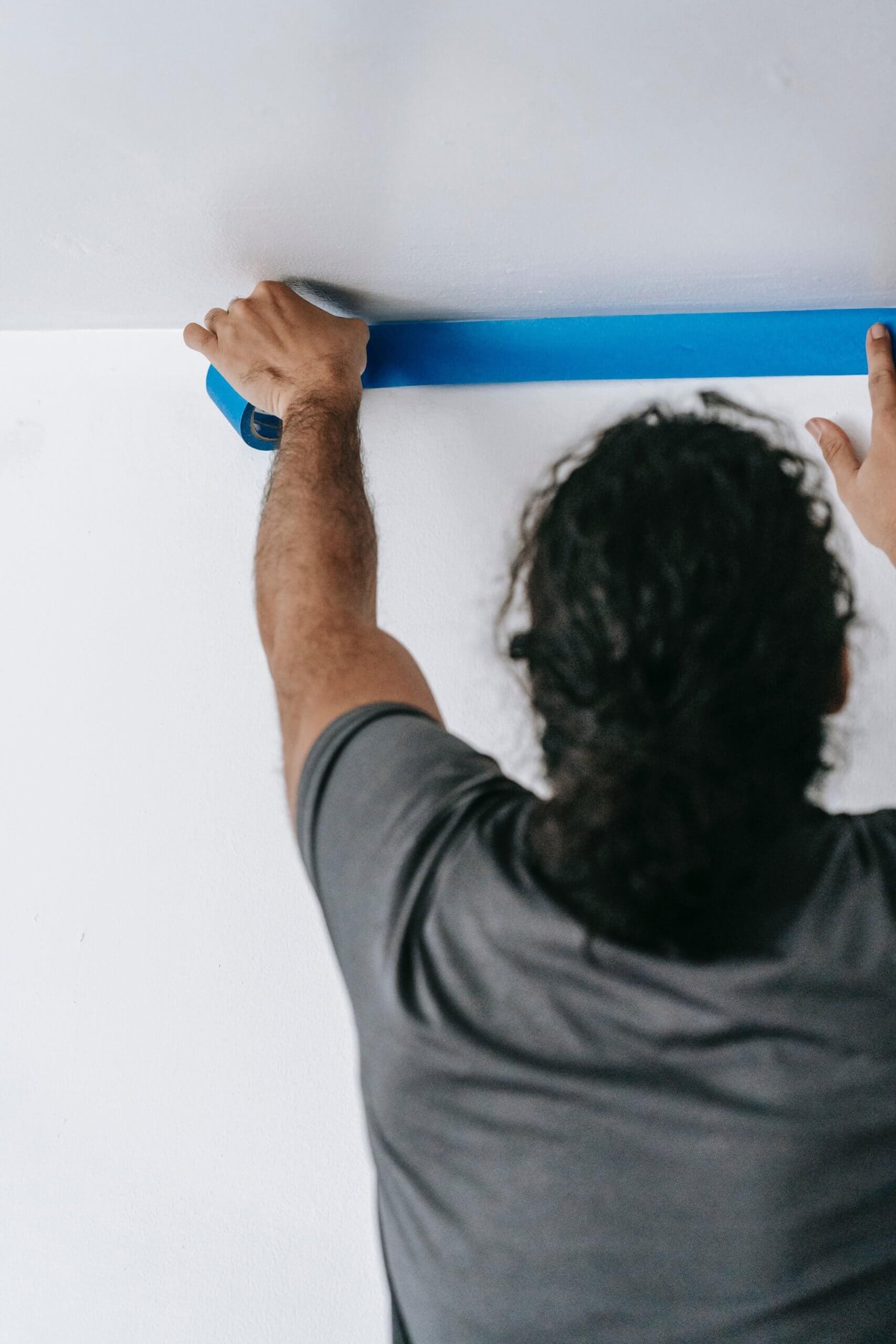
Spend Your Money Wisely
Spending your money wisely means knowing when to save and when to splurge. For example, pick the less expensive options on furniture that will see a lot of wear and tear, like a kitchen table or the family room sofa. You can always have an extra set of ‘fancy’ throw pillows for the sofa and a nice tablecloth for the kitchen table when you have guests.
Conversely, opting for better-quality, energy-efficient appliances and heating and cooling equipment pays off in the long run, with less money going to repairs and energy bills.
What you can also do is research some ways how to make money without putting a lot of effort into it and without any initial investment. That way you can generate money passively and allow yourself maybe not necessary but ‘nice to have’ purchases for your home.
Invest Some Sweat Equity
It’s not a good idea to teach yourself how to drywall or frame a room by watching Youtube videos, and plumbing and electrical work should only be done by licensed professionals (and not just because it’s the law). But you can save on labour costs by doing smaller jobs like painting and replacing fixtures. If you do want to try your hand at a bigger task like installing a laminate floor for the first time, start with a small room in a less-travelled area of the house, just in case.

